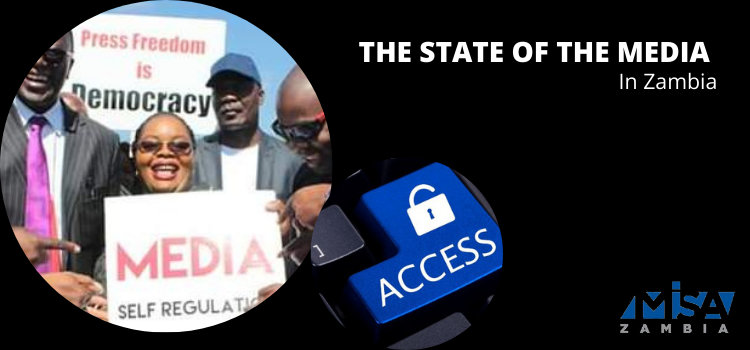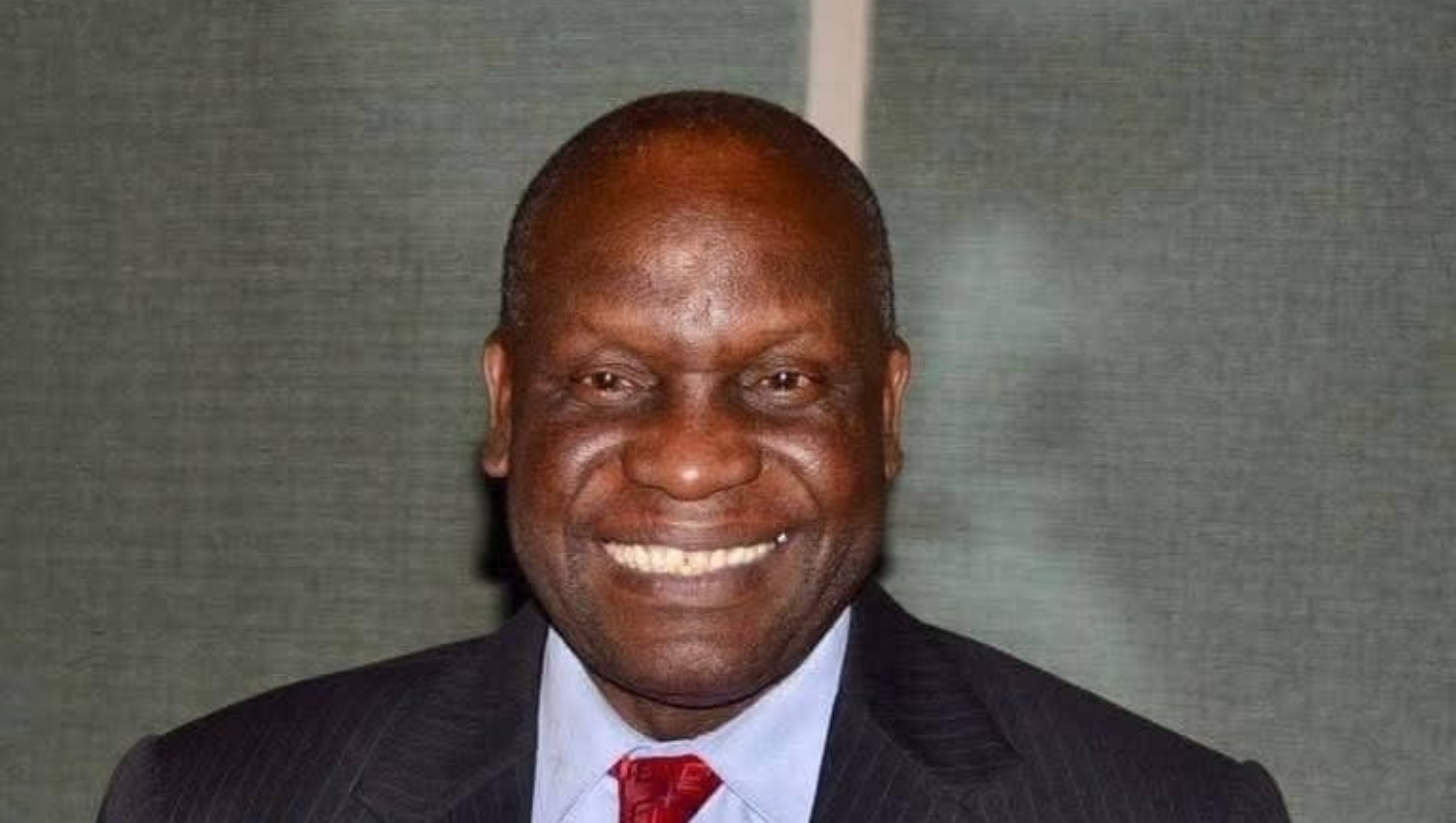MISA Zambia has called on the police, political parties and members of the public to help protect journalists against violence.
In a speech read on her behalf during the State of the media report launch in Lusaka, MISA Zambia Chairperson Hellen Mwale says the media in Zambia has been under siege since independence and even though we have seen development in terms of pluralism, the media still suffer harassments, violence, intimidation to mention but few from both political players and at times members of the public.
Mwale says journalists like other members of the public need to be protected and feel safe as they carry out their duties more so as we head to the polls. This is because the media is always victim of political violence year in- year-out.
And the State of the Media report findings show that;
- The socio-political and legal environment was found to be relatively unfree in both quarters in view of the many violations and negative developments witnessed in the media sector. Some of these developments included the effect of the Coronavirus (COVID-19) disease, suspected ritual killings and gassing incidents as well as numerous political attacks on media outlets and cases of harassment of media practitioners. These events, among others, continued to inhibit the work of the media and undermined the very fabric of press freedom which is expected to flourish in an environment where editorial independence as well as freedom from undue influence are guaranteed.
- Additionally, a legal victory was recorded when the Lundazi Magistrate Court handed a two-year custodial sentence to Frank Mwale, a PF cadre who attacked a Breeze FM journalist, Grace Lungu and her driver during the Mkomba Ward by election last year. This helped to send a message to would be perpetrators of political violence against journalists.
- On the economic front, a bleak turn-out of events and negative progression of macroeconomic fundamentals (partly attributed to the COVID-19 pandemic) posed a threat to the sustainability of media houses. This was noted in the increased cost of doing business and reduction in advertising revenue (due to reduced economic activities and a reported decline in output and new orders because of a drop in consumer spending).
- On the technological front, both quarters were relatively stable. Among the progressive trends were the completion of the ZNBC broadcast studio in Kabwe, which is part of the government’s strategy under the digital migration policy to enhance information dissemination. Also, roll-out of new technology was noted with Airtel Zambia’s introduction of Internet Protocol TV (IPTV) through the Airtel TV Application, with numerous news and other channels that will contribute to increasing access to information through modern technology.
Read the state of the media report for quarter 1& 2 here









